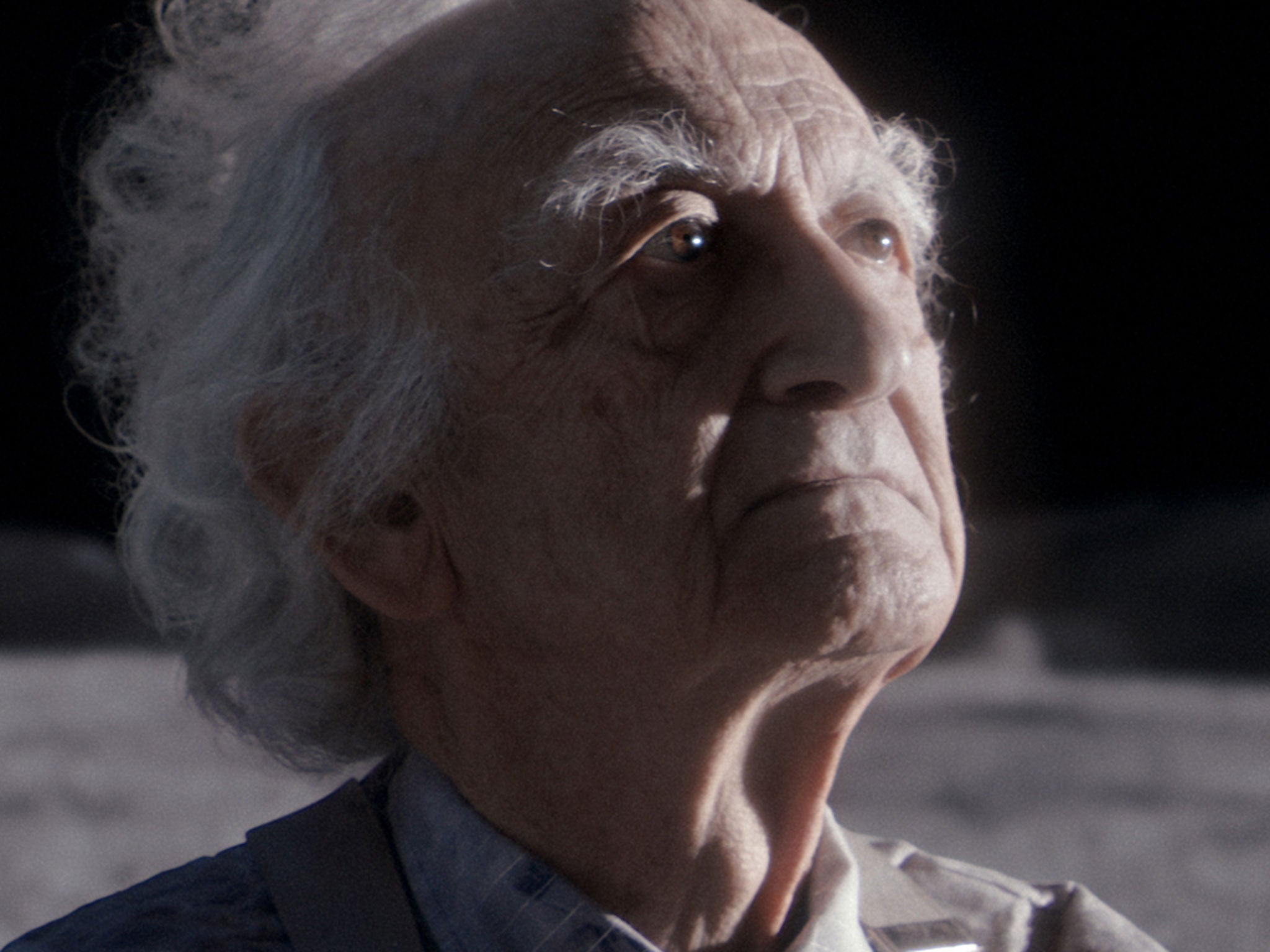The elderly couple who called 999 because they were lonely were right: loneliness is a national emergency
We all need to foster relationships and friendships and maintain them throughout life. But when these safety nets fail, we have to respond adequately as a society

Who do you call when you desperately need someone to talk to? For one elderly couple this week, 999 was the only answer. A police officer responded, and went round for a chat and a cup tea.
The choice of telephone number was, it seems to me, quite appropriate. In Britain today, loneliness is reaching epidemic levels. It’s a public health issue that, according to research, has the same toll on your body as smoking 15 cigarettes a day. The link between loneliness and a premature death is as great as that between an early death and obesity – and effects on health were found to be equivalent to alcoholism. Quite simply, this is a social emergency.
Of course, calling up the emergency services is no decent solution for the growing number of people who report that they feel lonely, for whom the television may be their only contact with the outside world for weeks at a time.
The issue of loneliness always gets attention at Christmas because of the number of older people who spend Christmas Day on their own. This year that concern has started early thanks to John Lewis’s Christmas TV advert depicting a lonely man on the moon. But loneliness isn’t just for Christmas, and it is getting worse.
This is partly because people are living longer – which should be a happy story - but are experiencing a lonely old age in their 70s, 80s and 90s. It’s also partly because of social changes from the fragmentation of families, with many older people living nowhere near relatives. And for adults in middle age, social media can ironically often feel more isolating than connecting.
In addition, many of the traditional social support services have been cut, from day centres and lunch clubs to local buses, along with homecare and mental health services. There are fewer places to turn to – and as a result people are increasingly going to their GP or A&E for help.
Of course old age doesn’t necessarily equate with loneliness. And people don’t suddenly become lonely at the age of 65, 70 or older. We all need to foster relationships and friendships and maintain them throughout life.
But there are things that happen when people retire which can make loneliness more likely. Giving up work can mean losing a lot of social contacts as well as purpose and identity. Moving home to a lovely coastal location can prove difficult in making new friends, particularly during dark, cold and quiet winters. And having a long-term illness or disability can make it harder to get out and about.
We can each do things to prevent loneliness. Keeping in touch with family and friends is the obvious answer, where possible. Continuing to work, perhaps part-time, or volunteering with community organisations can keep you active and involved with others.
Volunteering and social activities are a real opportunity for people aged 60-90 with more time on their hands. And some of that activity could address the loneliness challenge, whether it’s running a befriending scheme or joining a club down the pub or helping in a local school. These voluntary organisations, as well as the NHS, need to work with the host of agencies that come into contact with older people – from meter readers to the Royal Mail – and share advice and information.
We all need to know how to call a ‘loneliness-buster’ in our local community. But clearly many older people currently don’t have a clue where to turn for support. At present, it’s nothing short of a national emergency.



Join our commenting forum
Join thought-provoking conversations, follow other Independent readers and see their replies